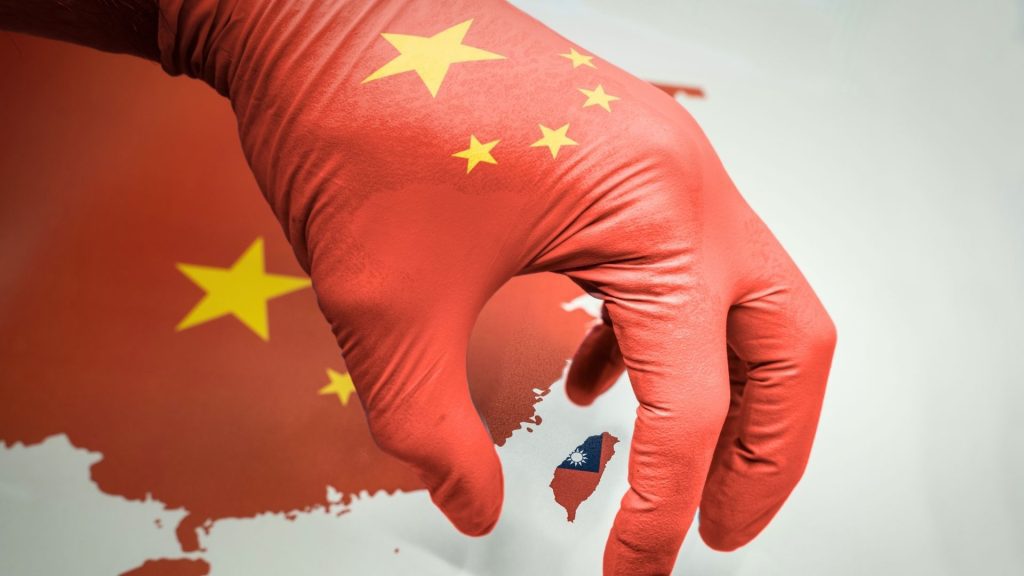Table of Contents
In the complex tapestry of international relations, few issues elicit as much scrutiny and intrigue as the Taiwan-China relationship. With historical intricacies, political tensions, and international implications, the status of Taiwan has remained a focal point for global conversations.
In this article, we embark on a journey to unravel the multifaceted aspects of the Taiwan-China economic nexus. We’ll explore the historical backdrop, international perspectives, and the intriguing world of potential commodities that Taiwan brings to the table.
Historical Background on the Taiwan-China Relationship

The Chinese Civil War: Our journey begins with a pivotal historical event—the Chinese Civil War. This conflict, which raged from 1927 to 1950, saw the Chinese Nationalist Party (Kuomintang) and the Chinese Communist Party vying for control.
In 1949, the Communist Party emerged victorious, establishing the People’s Republic of China (PRC) on the mainland. The Republic of China (ROC), led by the Nationalist Party, retreated to Taiwan, setting the stage for a complex and enduring issue¹.
Two Governments, Two Constitutions: Taiwan evolved into a self-governing democratic nation, officially known as the Republic of China (ROC). It has its own constitution and democratically-elected leaders.
This distinctive political framework sets it apart from the PRC, which claims Taiwan as an integral part of its territory¹.
Data on International Stances and Diplomatic Recognition
The ‘One-China’ Policy: The PRC’s claim over Taiwan is not a solitary assertion; it’s rooted in the ‘One-China’ policy, which asserts that there is only one China, and Taiwan is a part of it. While the international community is divided on this matter, only 15 countries, plus the Vatican, currently recognize Taiwan as a sovereign country¹.
Diplomatic Recognition: The recognition of Taiwan as a separate entity remains a point of contention. It’s worth noting that many countries, for the sake of maintaining diplomatic relations with the PRC, do not officially recognize Taiwan as a sovereign state. This underscores the intricacies of Taiwan’s international status².
Economic and Cultural Ties Between Taiwan and Mainland China
Interwoven Economies: Beyond politics, the Taiwan-China connection is woven with economic and cultural threads. Over the years, Taiwan has developed robust economic ties with mainland China. The proximity and shared cultural heritage have fostered economic integration and cooperation³.
Implications of Economic Integration: The economic integration between Taiwan and mainland China has significant implications. It sparks debates on the island about the degree of dependence on the Chinese market, as well as the potential for economic influence to translate into political sway. This has profound consequences for the ongoing sovereignty debate and Taiwan’s political landscape³.
Taiwan Potential Commodities
Fruitful Exports: Taiwan is not only known for its complex political status but also for its impressive exports. It’s a major exporter of fresh fruits, including pineapples, sugar apples, citrus fruits, mangoes, wax apples, pomelos, ponkan, grapes, bananas, and grapefruit¹. The island’s fertile soil and favorable climate make it a significant contributor to the global fruit market.
Beyond Fruits: The exports from Taiwan extend beyond the realm of fruits. The country also has a strong presence in the copper and vehicle markets, showcasing its diverse economic capabilities³.
Global Economic Implications
Supply Chain Disruptions: The conflict between China and Taiwan has the potential to reverberate throughout the global economy. In an era where supply chains crisscross the world, any disruptions can send shockwaves far and wide. The economic implications of this conflict are significant, as it could strain the global supply chain and disrupt the economic stability of various countries¹².
Conclusion
In conclusion, the Taiwan-China economic nexus is a dynamic, multifaceted topic. As we’ve explored, it encompasses a rich tapestry of history, politics, international relations, and economic considerations.
While the status of Taiwan remains a contentious issue, it’s undeniable that the island nation plays a pivotal role in the global arena, not only for its political significance but also as a major contributor to the global commodities market. Understanding this intricate web of connections, conflicts, and commodities is essential for grasping the broader international landscape.
Citations:








